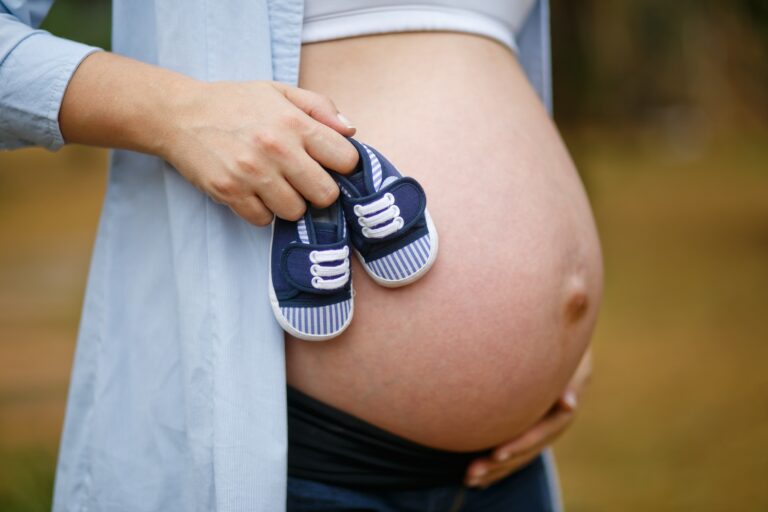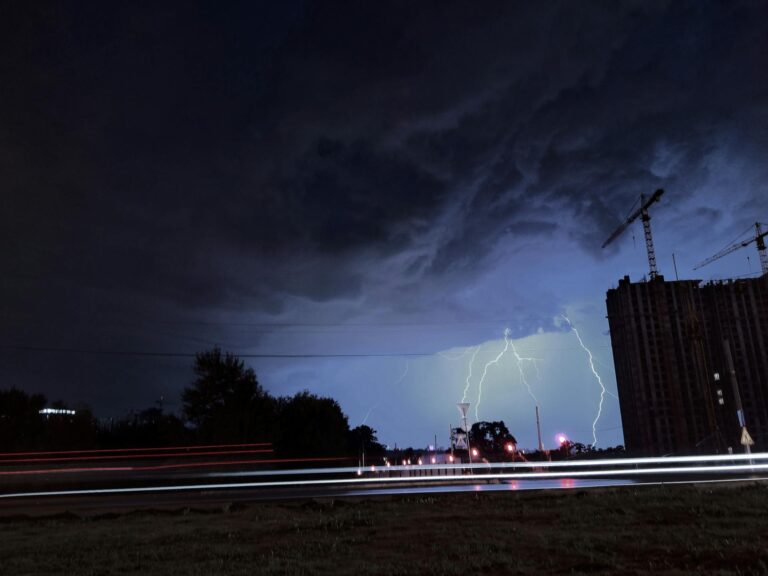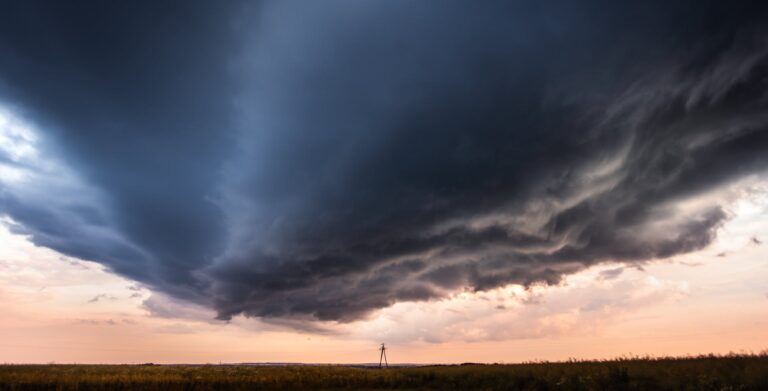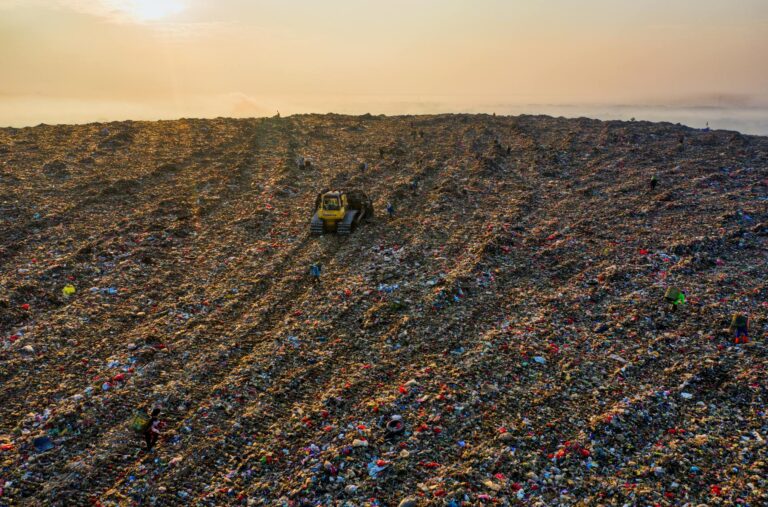In the 2025-2026 school year, Illinois is set to lead by requiring all its public high schools to add a specific unit on climate change in their science or social studies courses. This law, laid out in House Bill 4895, aims to build better understanding of climate change among students, covering why it happens and how it might affect their futures.
Strategic Initiatives for Educator Support
The Illinois State Board of Education (ISBE) will create specialized training and resources for teachers to help them teach about climate change effectively. This plan addresses the current lack of professional development opportunities focused on this critical area. “State Rep. Janet Yang Rohr, D-Naperville”, emphasized the importance of this effort by saying that preparing educators for these challenges is essential. We teach people about science so they can share this knowledge with future generations.
Funding and Resource Allocation
- Initial Budget, to start, the project needs around $300,000 for creating and spreading teaching resources throughout the state.
- Sustainability Concerns, some lawmakers worry about the costs of regularly updating these educational materials. They debate how this might financially impact taxpayers.
Legislative Concerns and Educational Priorities
The proposed bill faces some opposition. ‘State Rep. Dan Ugaste, R-Geneva‘, believes that having the legislature set specific educational content could limit the freedom of local teachers and school boards to choose their curriculum. His concerns grow due to reports showing poor academic results in many Illinois schools.
Discussion About School Subjects
The conversation around the proposed law also focuses on what is actually taught in schools. ‘State Rep. Adam Neimerg, R-Dieterich’, advocates for a teaching approach that provides a fair representation of climate change, including views that question climate change caused by humans. He believes this approach helps avoid bias in education.
Changes in Renewable Energy
Illinois is facing issues and making changes in its energy sector. Despite increasing investments in renewable sources like wind and solar, there has been an unexpected drop in wind power production this year. This decrease is thought to be due to strange weather patterns coming from a high-pressure area in Canada, which also worsened wildfires nearby.
Insights Into Environmental Research
Experts such as ‘Jessica Conroy’ are studying environmental trends over the long term to better understand these shifts.
Student ‘Allison Wallin’ from the University of Illinois is exploring historical and future changes in wind patterns to better understand their effects on renewable energy strategies. This research is important for planning and making decisions about future energy investments, especially since Illinois plans to stop using fossil fuels by 2050.
Government and Advocacy Response
Even with recent decreases in renewable energy production, government leaders and environmental advocates are determined to continue the shift towards green energy. Illinois is actively promoting solar power development. While solar power still makes up a small part of the state’s total energy output, its growth is being boosted by financial perks and policies that encourage renewable energy projects.
Public Sentiment and Future Outlook
While some people might be discouraged by the recent challenges in renewable energy production, government commitments and public support remain strong. This support enhances the likelihood of a successful transition to renewable energies.
While some worry about the issue, others, such as ‘J.C. Kibbey’, see it as a small bump in the overall journey toward progress and adaptation. The strong movement towards renewable energy, supported by significant government funding and public approval, shows a steadfast dedication to moving towards a more sustainable and environmentally friendly energy system.
Conclusion
Illinois’ decision to include climate education in public schools, along with its ambitious goals for renewable energy, demonstrates a thorough method of tackling climate change. These efforts are key to equipping young people with essential knowledge and building a sustainable future despite the challenges that come with such transformative policies.











+ There are no comments
Add yours